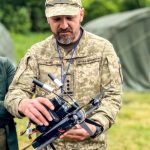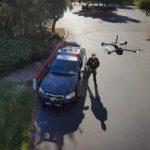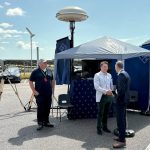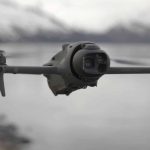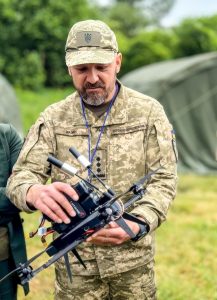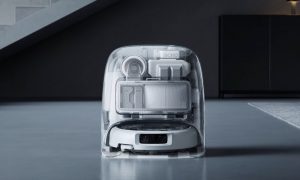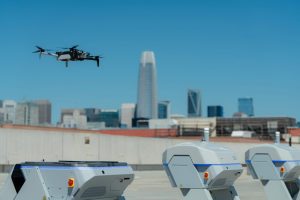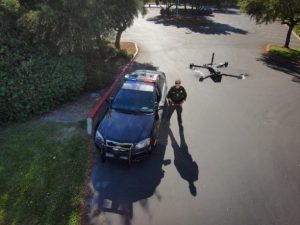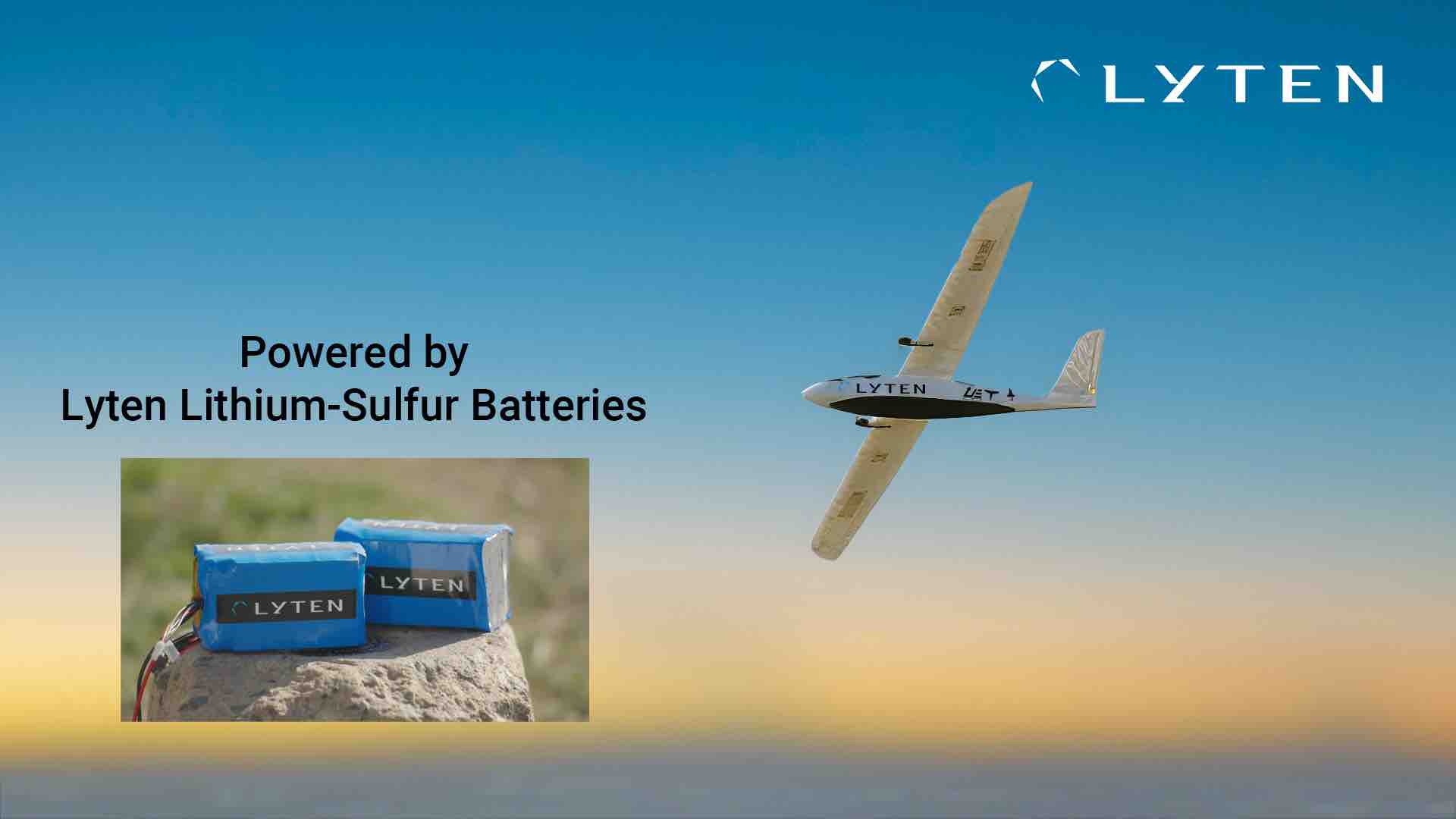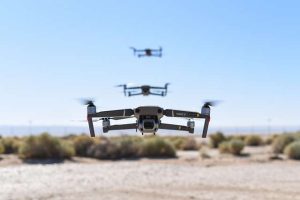Lyten Unveils Drone Propulsion Initiative to Bolster U.S. National Security
By Inside Unmanned Systems
On May 8, 2025, Lyten, known for its lithium-sulfur battery solutions, announced a new initiative aimed at enhancing national security through the development of high-endurance drones specifically for defense purposes.
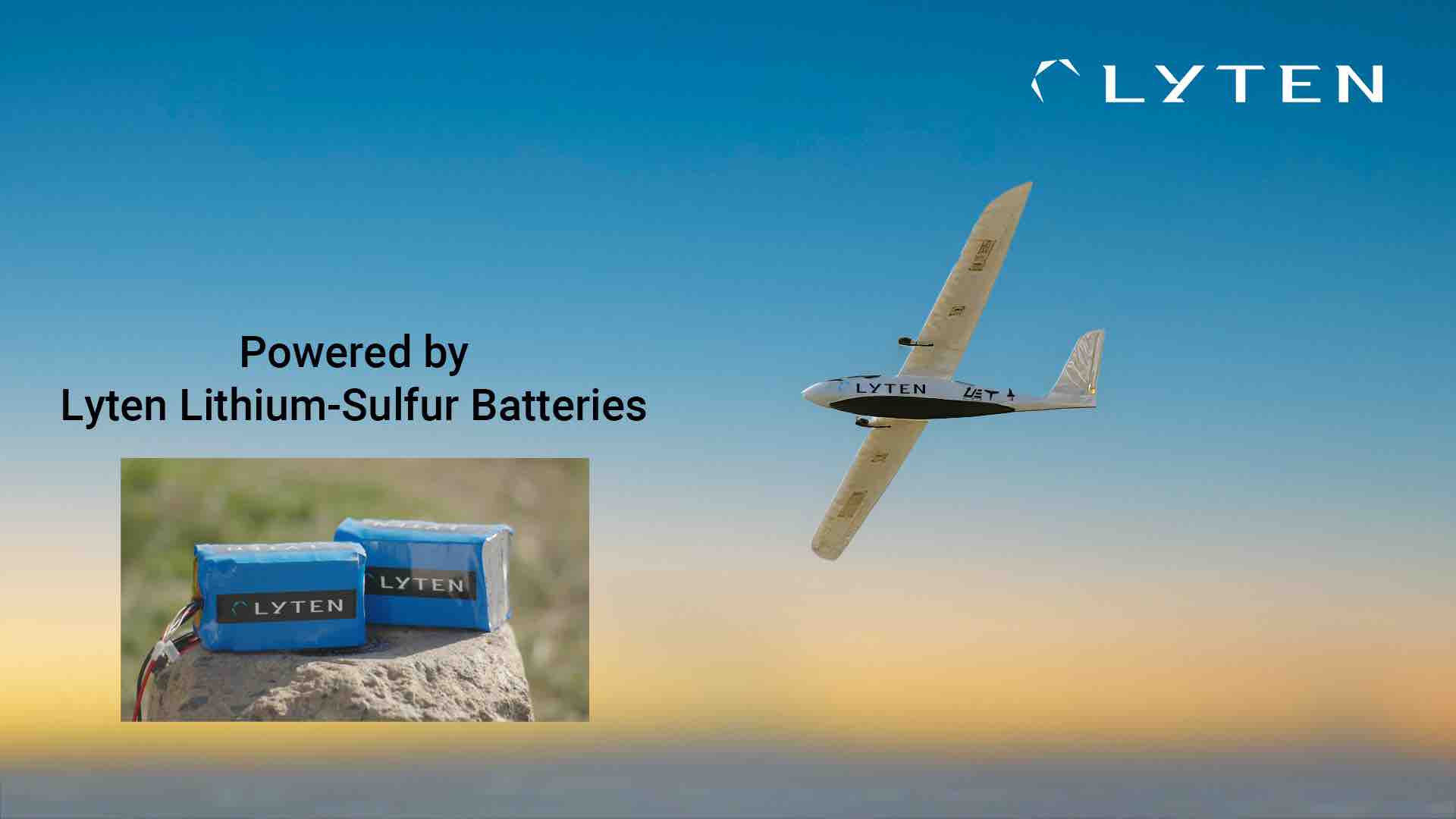
This initiative focuses on a cutting-edge energy storage system, utilizing Lyten’s ultra-lightweight lithium-sulfur (Li-S) batteries. The company is allocating production capabilities at its manufacturing plant in California to cater to the particular requirements of the U.S. defense, UAV, and satellite sectors.
Lyten’s domestically sourced lithium-sulfur batteries are poised to assist the Department of Defense in addressing two critical modernization priorities:
- Lessening reliance on foreign supply chains for essential minerals and battery components.
- Facilitating the rollout of UAV platforms that are lighter, offer greater range, and enhanced capabilities.
Dan Cook, Co-Founder and CEO of Lyten, stated, “As defense strategies increasingly depend on unmanned and autonomous systems, it is concerning that nearly all of these technologies rely on materials sourced from geopolitical rivals. We developed Lyten’s lithium-sulfur battery platform to combat this issue by providing lightweight and high-performance power solutions that are locally sourced and manufactured in the U.S.”
Recently, Lyten released a video showcasing a demonstration flight where its lithium-sulfur battery powered a U.S.-manufactured, 3D-printed UAV created by Titan Dynamics. The drone, constructed with a battery pack designed by Upgrade Energy, successfully achieved a flight time exceeding 3 hours while performing various maneuvers at speeds of up to 86 mph. The next battery model from Lyten aims for up to 8 hours of flight time on Titan Dynamics’ drone.
Notably, Lyten’s lithium-sulfur batteries do not contain nickel, manganese, cobalt, or graphite, materials predominantly controlled by Chinese supply chains, thus offering a secure energy solution compliant with the National Defense Appropriations Act (NDAA). The high energy density of lithium-sulfur technology supports longer flight durations, heavier payload capacities, and extended operational ranges.
Celina Mikolajczak, Lyten’s Chief Battery Technology Officer, emphasized the importance of lightweight propulsion across various industries. “Drones, EVs, satellites, and micromobility solutions can significantly benefit from enhanced performance with lightweight battery technology. Our lithium-sulfur batteries are designed specifically to address this need while steering clear of materials that face geopolitical and supply chain challenges.”
Currently, Lyten is accepting orders for its latest lithium-sulfur batteries tailored for drone use. The company had also secured a contract with the Defense Innovation Unit to showcase its batteries aboard the International Space Station, with a launch anticipated later this year. Moreover, Lyten’s lightweight technology is reportedly achieving over 3000 cycles for satellite applications.
Related Articles:
- TerraDrone and Plimsoll UAV Join Forces
- Auterion Launches SkyNav Gov Controller
- Government and Industry Partnership Announced
- Expert Commentary on Airspace Management
For more information, visit the Original Article.
